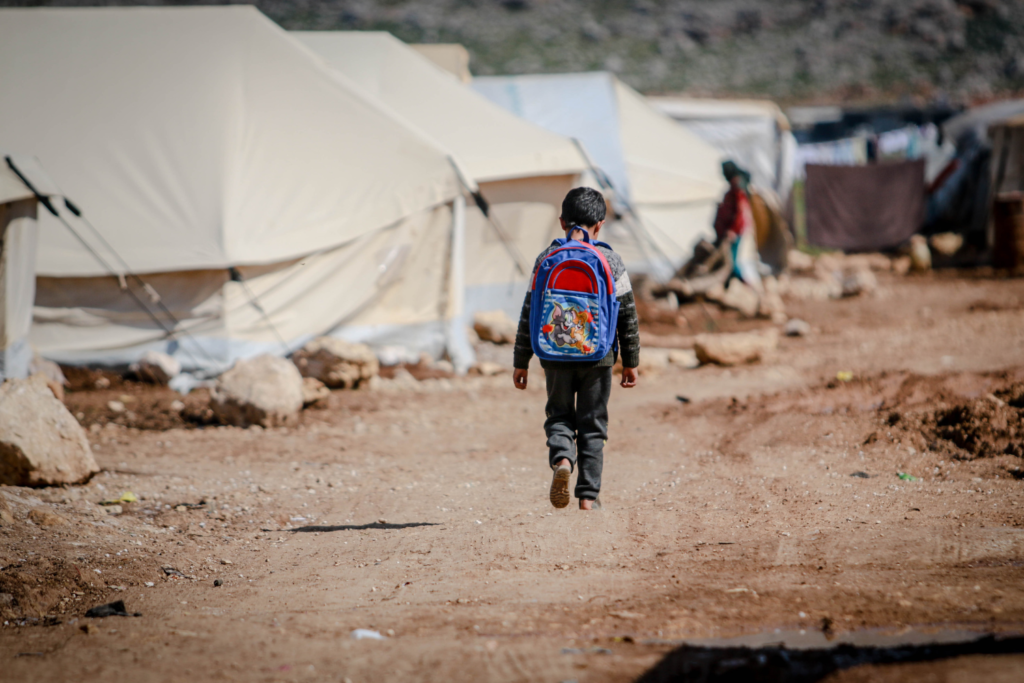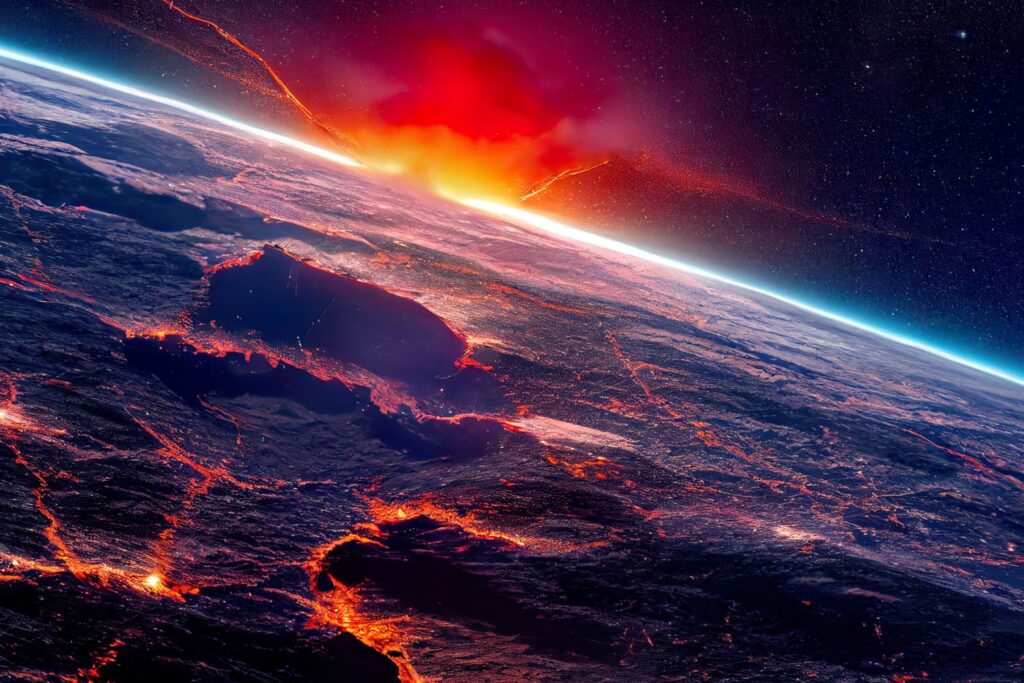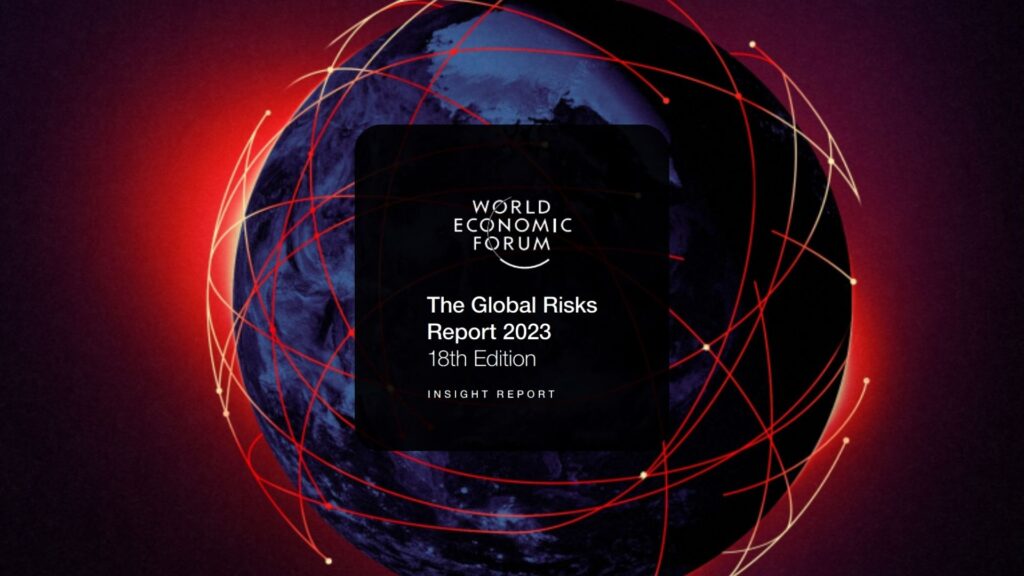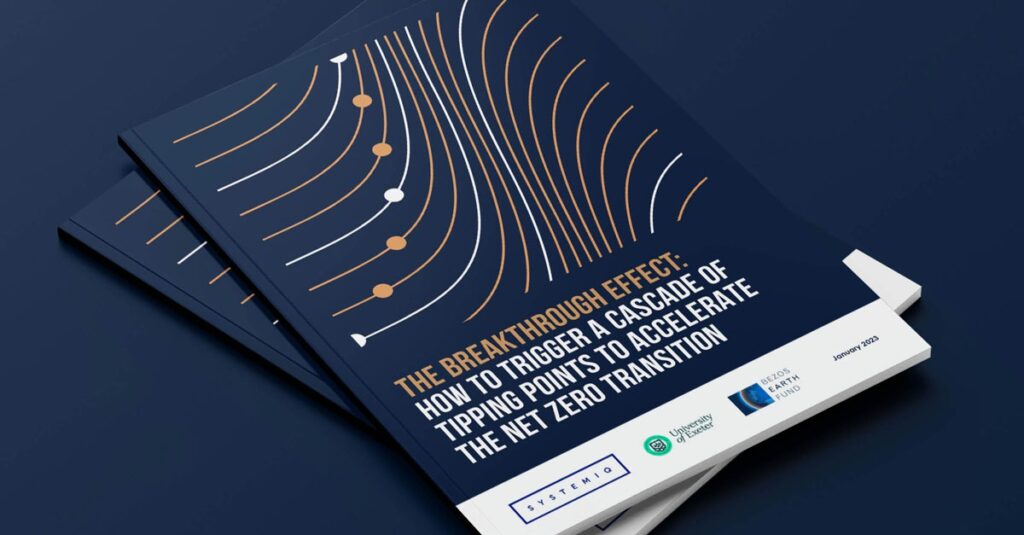The Thematic Assessment Report on Interlinkages Among Biodiversity, Water, Food and Health
This report explores the interconnected crises and challenges of biodiversity loss, water availability and quality, food insecurity, health risks, and climate change, focusing on their interlinkages. It assesses current and future trends, emphasizing biodiversity and nature’s contributions to people. The report also examines response options and governance strategies to promote coordinated decision-making, minimize trade-offs, and […]









